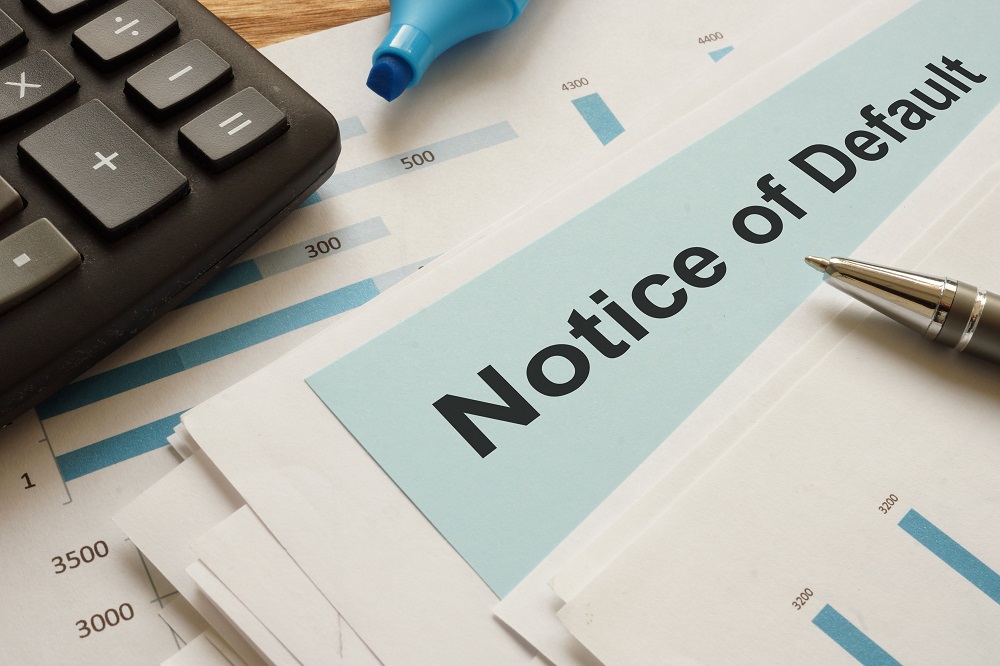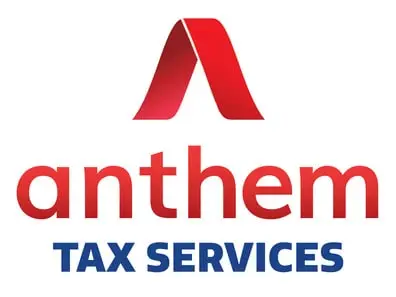
You should be compliant by paying your taxes promptly, but there are unavoidable circumstances that may prompt you to default in tax payment. In such cases, the internal revenue service will intervene, and you will be required to make a payment plan. The IRS can only exempt you from missing one or two payments; however, the IRS may terminate your payment plan if it gets beyond that.
What Is a Payment Plan with the IRS?
A payment plan is an agreement between the taxpayer and IRS to pay tax within an agreed period. Failure to make tax payments on the agreed monthly date may lead to accrued interest, and failing to comply repeatedly may lead to the IRS’s termination of the payment plan.
IRS Definition of Default
In this context, default is when the taxpayer fails to comply with agreed payment terms with the IRS when you fail to pay penalties accrued, provide wrong personal information, and provide inaccurate financial statements. In such a case, the IRS may file for termination; however, you may appeal against termination in a court of law.
Continuous default and non-compliance of IRS terms will prompt the IRS to write to you one or two notices CP523 or write to you letter 2975. This notice gives you 30 days to take action before terminating your agreement. The good side is that the IRS will not charge you levies until 90 days elapses. And within this period, if your reasons for default were genuine, then you will have complied.
To avoid paying penalties, you should work hard within the 30 days period, which the IRS allows you to reinstate your payment plan. You may be required to submit your financial statements afresh. Reinstatement of the payment plan after termination will require the approval of the manager.
When things are getting out of hand on your side, the best thing to do is to contact IRS customer care or the management and give them tangible reasons as to why you cannot continue making the payments as per the payment plan, how it should be adjusted and for how long. The IRS officers will be better positioned to inform you what is possible and what is not.
Once the IRS accepts to review your payment plan, you should stick to making payments as agreed. Otherwise, you will have to pay the penalty and even huge fines, which may end up leaving you in debt.
If you do not qualify for automatic reinstatement, you will be required by the IRS to provide some information though limited. Still, in cases where you owe more than $50,000, more detailed information on your financial statements will be required.
The most critical part when the taxpayer does not take any action even after the given 90 days, IRS officers will have no other option but to enforce the law that requires them to do the collection. If at this point, you owe more than $10,000, a tax lien filing will be done if it had not been done.
Going forward, if you are still non-compliant, a lot of strict restrictions will be implemented, which may have negative repercussions on your end. The IRS will go ahead and seek payment from your employers or business in terms of tax levies. You are also likely to have your passport canceled or restricted from making international movements and transacting business by the state. This is likely to happen if your payment has accrued over $52,000.
To avoid getting yourself to a point where you brush shoulders with the state or be required to make strict IRS installments, you should instead agree to be a tax-compliant citizen and pay your taxes as required by the law. Still, if you have already messed, then you should seek reinstatement even though you need to pay some fees for reinstatement.
You should always pay your tax without involving the IRS, who will initiate the IRS payment plan. It is easier for you to be compliant than to wait for the IRS to start following you. It is likely to ease the burden of getting into debts because of a penalty and fine payments, which may accrue to a lot of money.
Bottom Line
It may be easy to be tax compliant without getting to the extent of involving yourself with the IRS to make tax payments.
Being tax compliant requires discipline. You need to plan yourself and make your payments promptly to avoid incurring other costs due to being tax non-compliant. Getting involved with the IRS is time-consuming and straining at the same time because you are under supervision. If you’re seeking tax debt relief or need to reestablish an installment agreement, contact us today by phone or email.
You should be compliant by paying your taxes promptly, but there are unavoidable circumstances that may prompt you to default in tax payment. In such cases, the internal revenue service will intervene, and you will be required to make a payment plan. The IRS can only exempt you from missing one or two payments; however, the IRS may terminate your payment plan if it gets beyond that.
What Is a Payment Plan with the IRS?
A payment plan is an agreement between the taxpayer and IRS to pay tax within an agreed period. Failure to make tax payments on the agreed monthly date may lead to accrued interest, and failing to comply repeatedly may lead to the IRS’s termination of the payment plan.
IRS Definition of Default
In this context, default is when the taxpayer fails to comply with agreed payment terms with the IRS when you fail to pay penalties accrued, provide wrong personal information, and provide inaccurate financial statements. In such a case, the IRS may file for termination; however, you may appeal against termination in a court of law.
Continuous default and non-compliance of IRS terms will prompt the IRS to write to you one or two notices CP523 or write to you letter 2975. This notice gives you 30 days to take action before terminating your agreement. The good side is that the IRS will not charge you levies until 90 days elapses. And within this period, if your reasons for default were genuine, then you will have complied.
To avoid paying penalties, you should work hard within the 30 days period, which the IRS allows you to reinstate your payment plan. You may be required to submit your financial statements afresh. Reinstatement of the payment plan after termination will require the approval of the manager.
When things are getting out of hand on your side, the best thing to do is to contact IRS customer care or the management and give them tangible reasons as to why you cannot continue making the payments as per the payment plan, how it should be adjusted and for how long. The IRS officers will be better positioned to inform you what is possible and what is not.
Once the IRS accepts to review your payment plan, you should stick to making payments as agreed. Otherwise, you will have to pay the penalty and even huge fines, which may end up leaving you in debt.
If you do not qualify for automatic reinstatement, you will be required by the IRS to provide some information though limited. Still, in cases where you owe more than $50,000, more detailed information on your financial statements will be required.
The most critical part when the taxpayer does not take any action even after the given 90 days, IRS officers will have no other option but to enforce the law that requires them to do the collection. If at this point, you owe more than $10,000, a tax lien filing will be done if it had not been done.
Going forward, if you are still non-compliant, a lot of strict restrictions will be implemented, which may have negative repercussions on your end. The IRS will go ahead and seek payment from your employers or business in terms of tax levies. You are also likely to have your passport canceled or restricted from making international movements and transacting business by the state. This is likely to happen if your payment has accrued over $52,000.
To avoid getting yourself to a point where you brush shoulders with the state or be required to make strict IRS installments, you should instead agree to be a tax-compliant citizen and pay your taxes as required by the law. Still, if you have already messed, then you should seek reinstatement even though you need to pay some fees for reinstatement.
You should always pay your tax without involving the IRS, who will initiate the IRS payment plan. It is easier for you to be compliant than to wait for the IRS to start following you. It is likely to ease the burden of getting into debts because of a penalty and fine payments, which may accrue to a lot of money.
Bottom Line
It may be easy to be tax compliant without getting to the extent of involving yourself with the IRS to make tax payments.
Being tax compliant requires discipline. You need to plan yourself and make your payments promptly to avoid incurring other costs due to being tax non-compliant. Getting involved with the IRS is time-consuming and straining at the same time because you are under supervision. If you’re seeking tax debt relief or need to reestablish an installment agreement, contact us today by phone or email.


